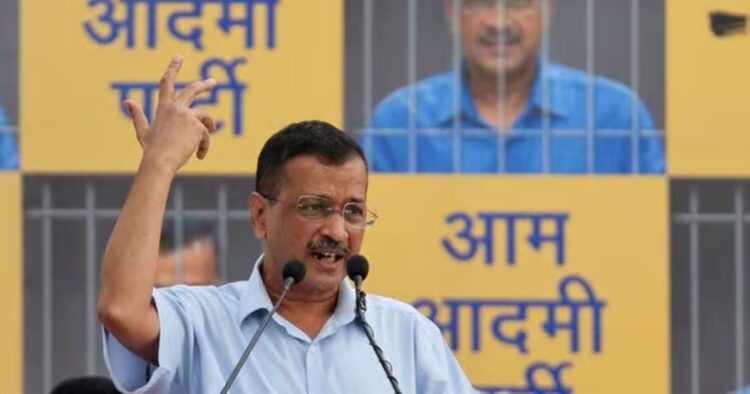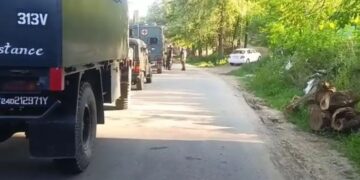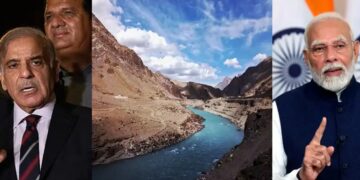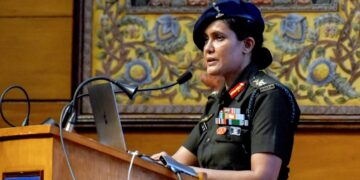In New Delhi, the Delhi High Court raised questions about the Enforcement Directorate’s (ED) appeal to cancel the bail granted to Delhi Chief Minister Arvind Kejriwal. The court wondered if the ED’s request had any real purpose now that Kejriwal had already received interim bail from the Supreme Court in a case linked to the excise policy. The High Court’s Justice Neena Bansal Krishna questioned whether allowing the ED’s appeal would result in Kejriwal being arrested again.
The ED’s lawyer responded by stating there was no intention to arrest Kejriwal again, and no court had declared his previous arrest illegal. The judge expressed confusion over the case’s details, commenting on the complexity of the filings, which included questions about bail, illegal detention, and compensation.
On July 12, the Supreme Court granted interim bail to Kejriwal while referring to a larger bench for further examination of the “need and necessity of arrest” under the Prevention of Money Laundering Act (PMLA). Despite this, Kejriwal remains in jail due to ongoing judicial custody in a separate corruption case related to the excise policy scam.
The ED’s lawyer requested an adjournment to allow an additional solicitor general to argue the case, as they were occupied in another court. The judge was not amenable to this request and criticized the ED for repeatedly seeking adjournments. The court pointed out that it was unfair to expect immediate dates from the court and emphasized that the ED needed to manage its schedule better.
The next hearing is scheduled for September 5. On June 20, Kejriwal was initially granted bail by a trial court on a personal bond of Rs 1 lakh. The ED challenged this decision, labeling the trial court’s order as flawed and based on irrelevant facts. The High Court had then stayed the trial court’s bail order and issued a notice to Kejriwal, asking him to respond to the ED’s petition.
Kejriwal was arrested by the ED and the Central Bureau of Investigation (CBI) in connection with the money laundering and corruption cases on March 21 and June 26. The controversy stems from allegations of irregularities and favoritism in the formulation and execution of the excise policy, which was scrapped in 2022 following a CBI probe.

















Comments